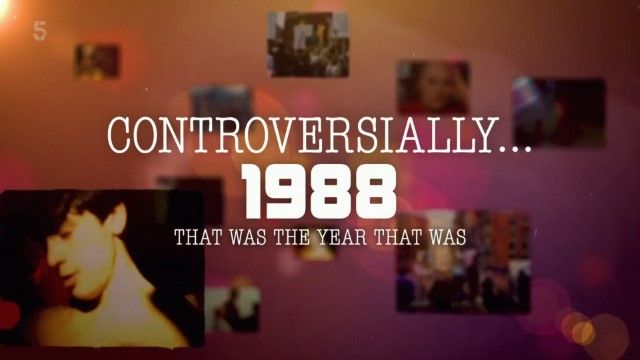Bitcoin: The End of Money as We Know It • 2015
Crash course into the peer-to-peer revolution that is now disrupting banks and Governments. Whatever Bitcoin may be; most people do not yet understand what this controversial and influential innovation is about and how it works. This award-winning documentary answers these questions. Bitcoin: The End Of Money As We Know It traces the history of money from the ancient world to the modern trading floors of Wall St. This film exposes the practices of central banks and other financial actors who brought the world to its knees in the last crisis. It highlights Government influence on the money creation process and how it causes inflation. Moreover, this film explains how most money we use today is created out of thin air by commercial banks when they make loans. Epic in scope, this film examines the patterns of technological innovation and questions everything you thought you knew about money. Is Bitcoin an alternative to national currencies backed by debt? Will Bitcoin and crypto-currencies spark a revolution in how we use money peer to peer?Or is it simply a new tool for criminals and the next bubble waiting to burst? If you trust in your money just as it is, this film has news for you.
Make a donation
Buy a brother a hot coffee? Or a cold beer?
Hope you're finding these documentaries fascinating and eye-opening. It's just me, working hard behind the scenes to bring you this enriching content.
Running and maintaining a website like this takes time and resources. That's why I'm reaching out to you. If you appreciate what I do and would like to support my efforts, would you consider "buying me a coffee"?
Donation addresses
BTC: bc1q8ldskxh4x9qnddhcrgcun8rtvddeldm2a07r2v
ETH: 0x5CCAAA1afc5c5D814129d99277dDb5A979672116
With your donation through , you can show your appreciation and help me keep this project going. Every contribution, no matter how small, makes a significant impact. It goes directly towards covering server costs.





